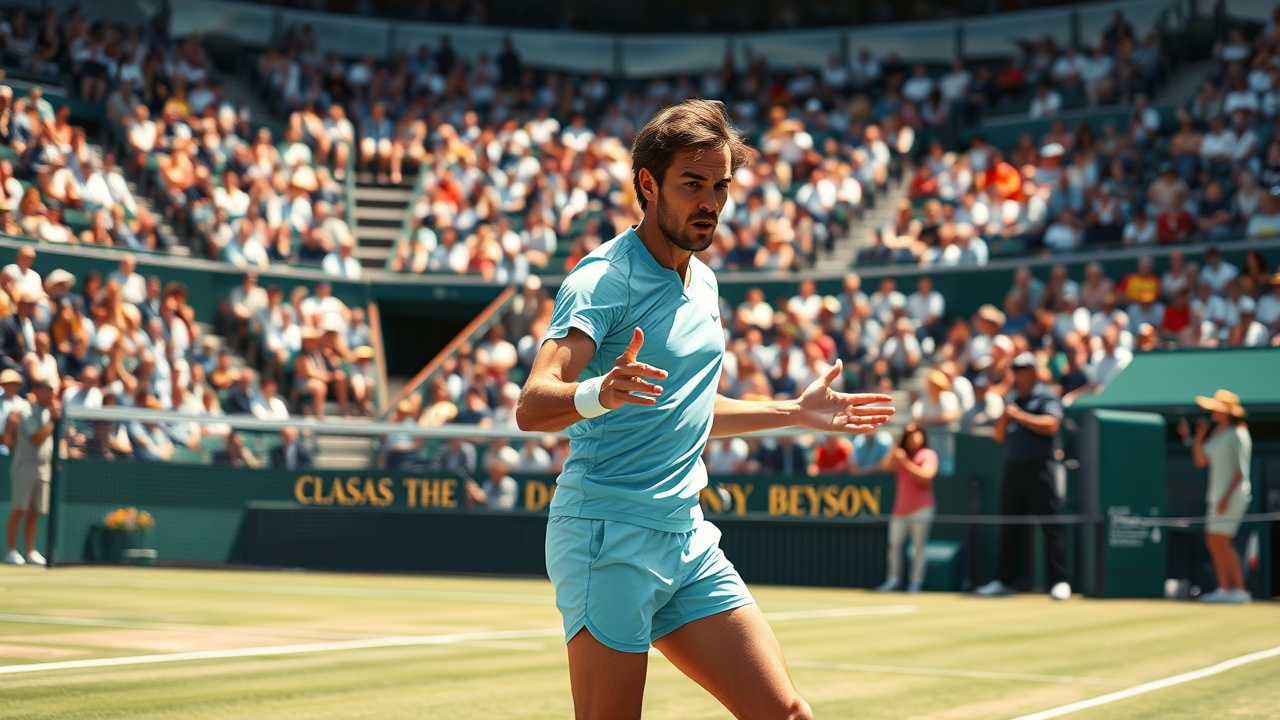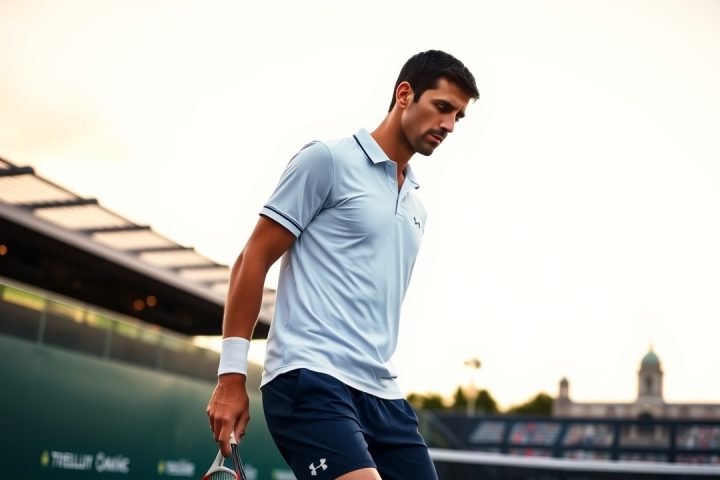The Unique Regulations of Tennis
The world of tennis operates under a unique set of regulations that often differ drastically from those governing other sports. This was starkly illustrated at an ATP Challenger event in Hersonissos, Greece, where player Mats Rosenkranz faced disqualification due to a misinterpretation of acceptable conduct during a break.
Player Management and Match Interruptions
While substitutes are commonplace in sports like hockey or football when a player is injured, tennis does not allow for such replacements. This fundamental difference underscores the importance of player management during match interruptions. For example, during a recent clash at the Cincinnati Open, play was paused for over ten minutes because Francisco Comesana was unwell, highlighting the challenges players can face without the option of substitution.
Strict Rules on Breaks
In addition to issues like player injuries, tennis also has strict rules regarding breaks, including bathroom breaks and changes of attire. Players are permitted to take a bathroom break of three minutes, whereas a change of attire is allotted five minutes. These rules can lead to confusion and, in Rosenkranz’s case, serious consequences.
The Incident with Mats Rosenkranz
During a match against Pietro Fellin, Rosenkranz took a change of attire break after winning the first set. The proceedings took a turn when an official announced that Rosenkranz had exceeded his allotted time—despite having entered the court just within the five-minute limit. The umpire, responsible for enforcing the rules, clarified that the transition back to the court does not fall within the five-minute break.
Complications arose when Rosenkranz returned from his break and was informed that he apparently used a shower, which is prohibited under current regulations governing breaks. The ATP rulebook explicitly states that these breaks must be utilized solely for changing or using the bathroom. Despite Rosenkranz’s explanation that his shower lasted only a fraction of a minute, he was disqualified from the match.
Historical Context and Consequences
This incident echoes past events in professional tennis. Casper Ruud, for instance, encountered a fine during the 2022 Canadian Open for failing to use a bathroom break in accordance with the rules; he was warned but allowed to continue playing, ultimately reaching the tournament’s semifinals. Meanwhile, others like Federico Delbonis faced similar sanctions, with Delbonis disqualified a year earlier at an ATP Challenger event in Seville after attempting to wash away dirt during a break—demonstrating the rigid enforcement of these regulations.
Conclusion
Rosenkranz’s experience serves as a stark reminder of the intricacies and strictures of tennis etiquette and regulations. It underscores the necessity for players to fully understand these protocols to avoid significant repercussions while competing at high levels.




